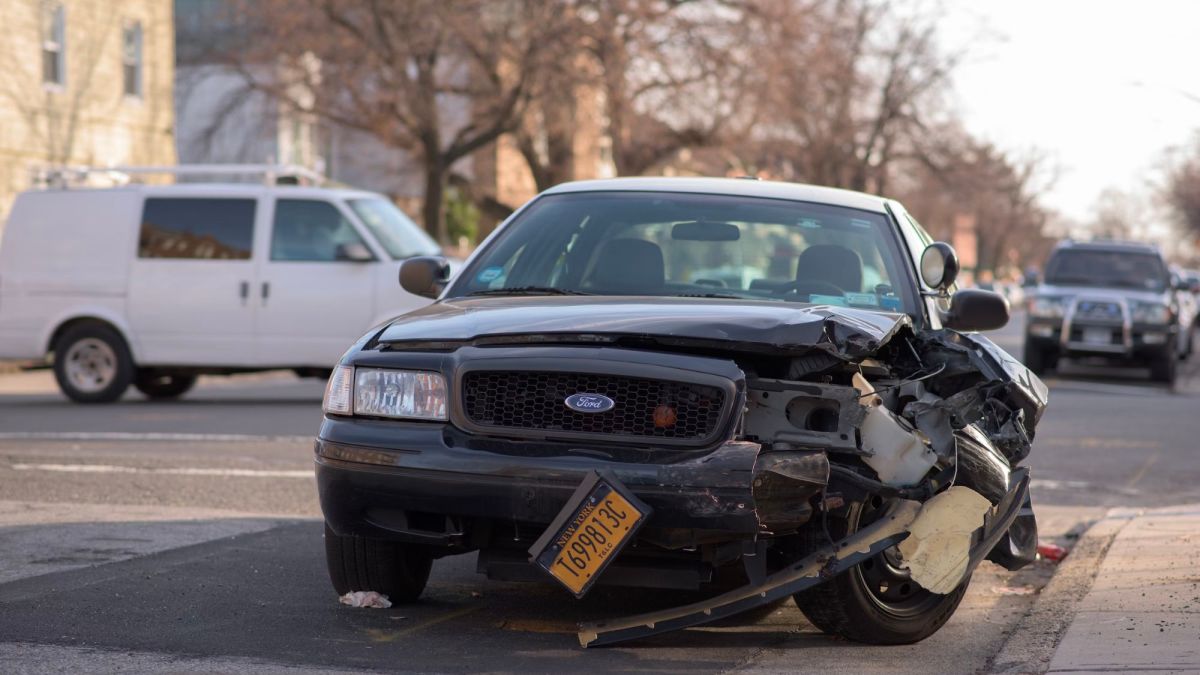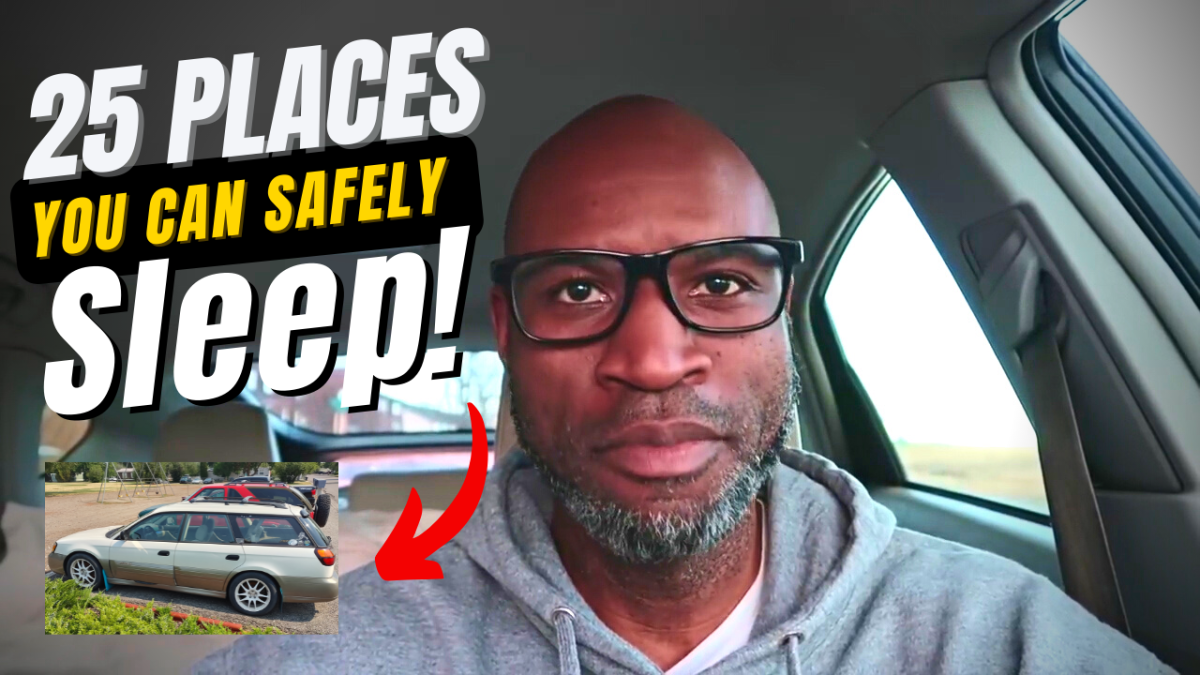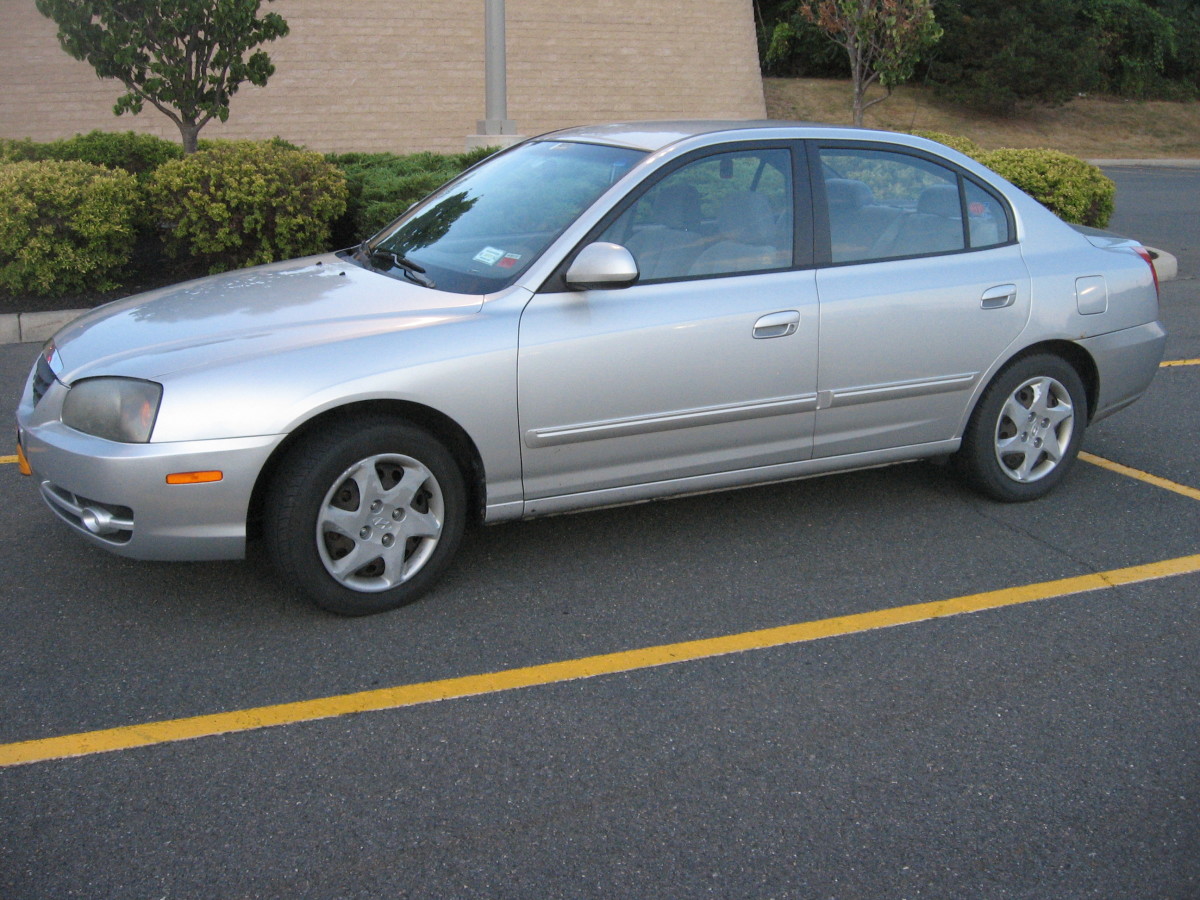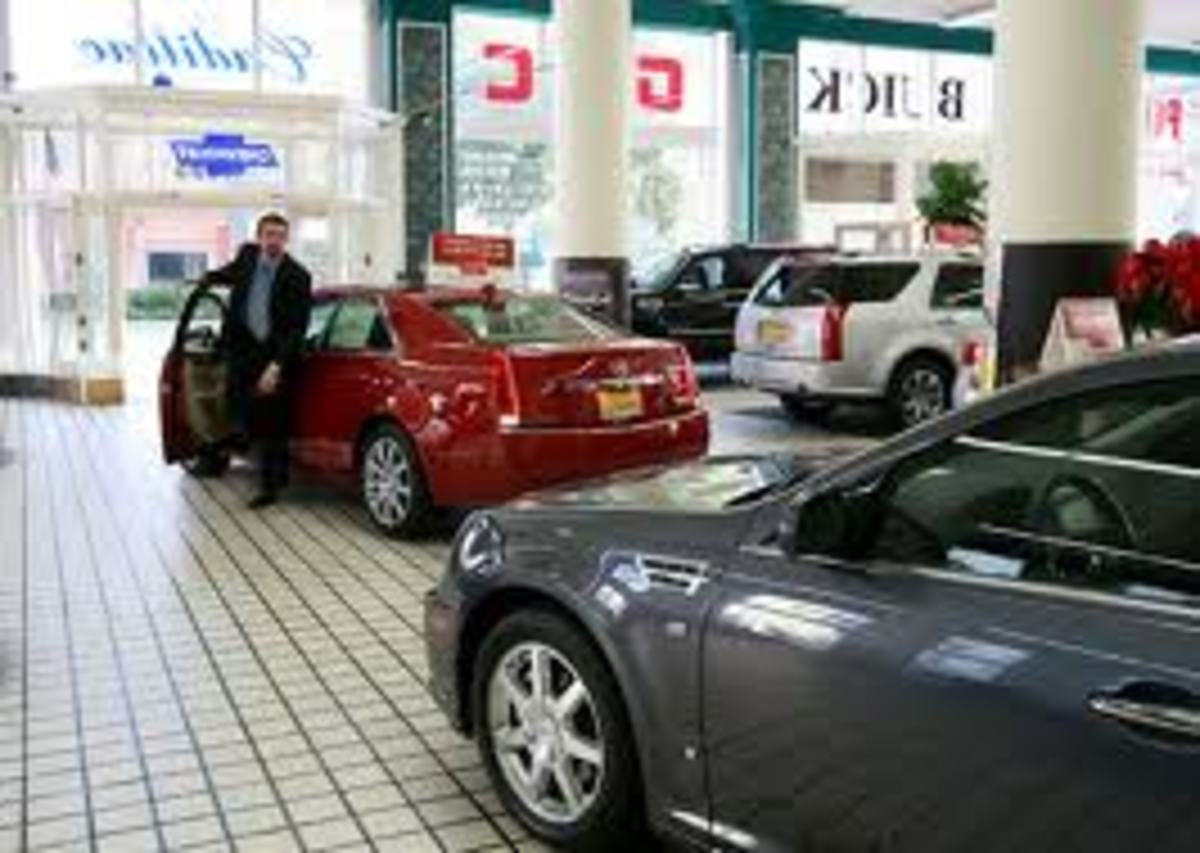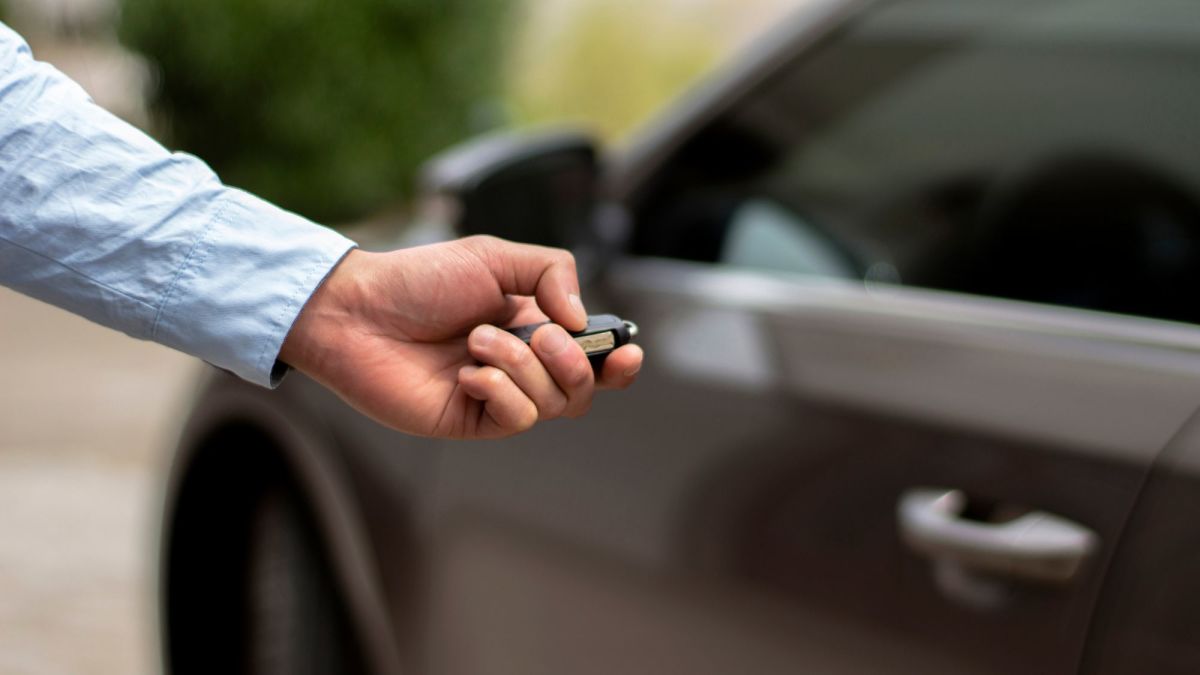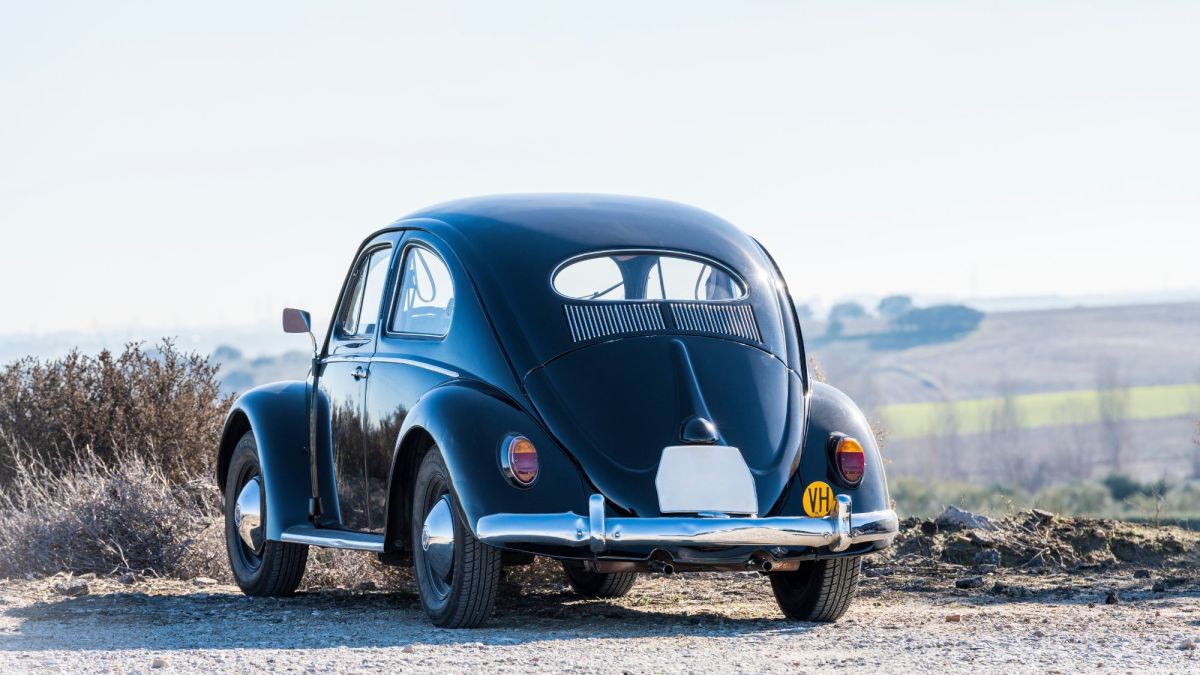Used Car Buying Tips: How to get the best value when you trade in your car.
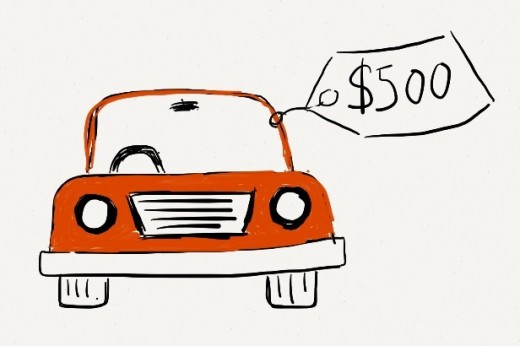
So it's time for you to get a new car, or at least a used one that is new to you. Your trusty rusty has served you well for many years but you want to upgrade whilst you are still in that perfect spot where it has not cost you too much and before it starts costing you the moon! But what are you going to do with the old faithful? Well, the answer to that will depend on what condition it's in. If it really has reached the end of its life, then the auto recyclers may be the way to go as they will pay for the scrap metal. You could also sell the car yourself privately.
There is always the third option of trading your old car in against the cost of the new one. Let's suppose you opt for option 3. This hub will give you some valuable tips to best monetize your old car. With 17 years experience of valuing used cars, I have concluded a few things which, if implemented, can gain you 100's or even thousands of dollars more for your trade in. I want to let you in on these inside tips.
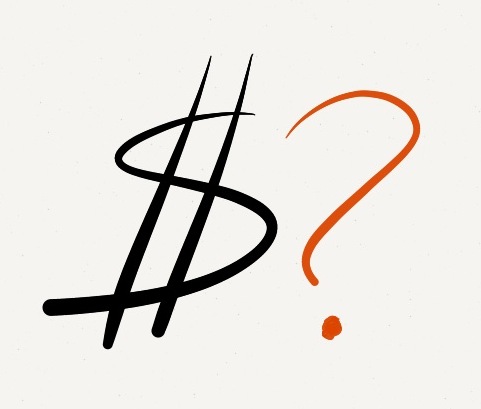
1. Know what your car is worth
Unless you have some idea what your car is worth, there is a distinct possibility that you will get considerably less than its value. You have to understand that a car dealer is going to be offering you a "wholesale" value - in simple terms that is what they would expect to pay for your car had it been sold at an auction. The wholesale price is less than the "retail" value, which is what a consumer would expect to pay for the car.
If you live in Canada you can visit www.canadianblackbook.com and walk through the steps to get an industry estimated value for your car. If you are in the US, then check out www.kbb.com to do the same. It's also a good idea to visit the autotrader website and see what vehicles similar to yours are listed at. If you deduct $2000 from the listed price you might be in the price range for the wholesale value of your car.
By going into the dealership with a good idea of your car's value, you are much less likely to let it go below value.
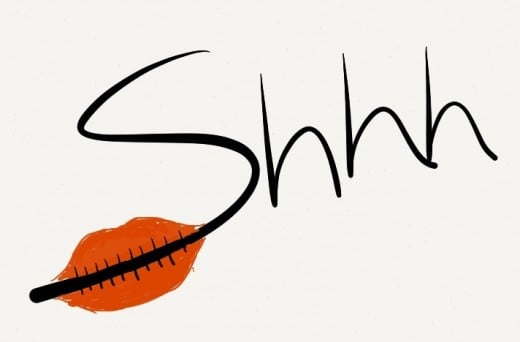
2. Don't mention your trade
It is always in your interest to withhold the fact that you have a vehicle to trade. If the dealership is one that is open to price negotiation, you want to do all the negotiating of the vehicle price without mentioning your trade. Do whatever it takes to not let the salesman know about your old Betsy that you are dying to see gone. Once you have haggled and pushed and coerced and persuaded your way to the bottom line price on the car you are buying, you can then mention the trade. That way the dealer can't inflate your trade price by including extra in the price of the car you are buying. You will get a true value for the car.
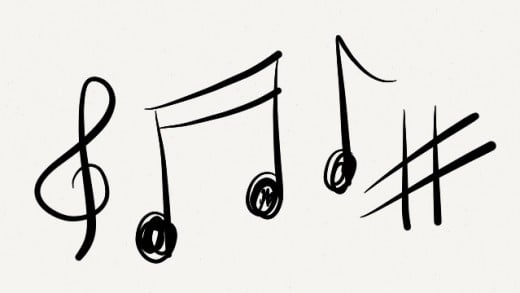
3. Switch your radio station
When the salesman turns your car on and is blasted with the latest rendering by Lady Gaga, he will instantly form an impression of you as an owner. Stereotyping is not right but it does happen. If you are into thrash metal, consider tuning the radio to a contemporary station with some easy listening tunes. Your eardrums but not like it, but your wallet will. The other alternative is to make sure the radio is turned off.
4. Do an oil change
There is a good possibility that the salesman will check the oil on your car. If it hasn’t been changed in eons, that will give an indication that you have not been regularly maintaining the vehicle. This will cause him to assess a lower value based on potential mechanical issues he may encounter once the dealership owns the car. A little cash outlay for an oil change can return more to you in the trade value. Clean oil indicates a vehicle that has been maintained.

5. Clean out your junk
It is very hard for a salesman to see the condition of your vehicle if he has to wade through discarded coffee cups, Big Mac boxes and baby diapers. Take the few minutes needed to empty out your trash. Clean outdoor pockets, consoles, glove box and the trunk of all unnecessary garbage. It’s like stagers do in homes – they take out the clutter to let the home shine.
6. Fix minor defects
If you haver some minor issues with your car that can be patched up or fixed without costing too much, then do them. Suppose your rear view mirror has fallen off – re-attach it. A mud flap is hanging off – screw it back on. A reversing light is not working – get a new bulb. The more defects evident, the more he will talk down the value of your car.
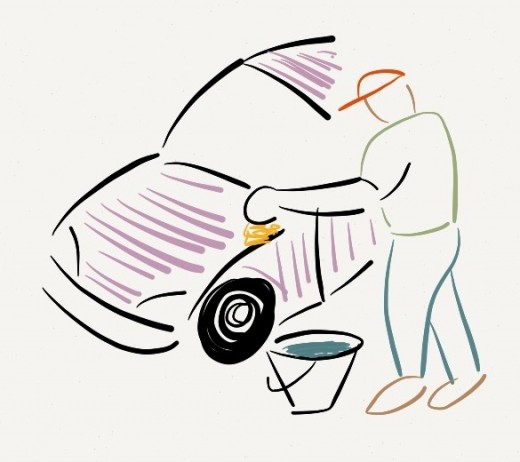
7. Wash your car
This may sound an obvious one, but most people don’t bother. Wash the exterior and maybe even apply a wax if you feel adventurous. Vacuum the interior and wipe down all plastic surfaces using a baby wipe (excellent for this purpose!). If you have a shop vac, then maybe even soak the carpets and suck out the dirty water, but make sure you dry it really well to avoid leaving an odour. Clean the glass both inside and out with glass cleaner. Put an air freshener in the car. An hour spent now, could bring you a financial return later.
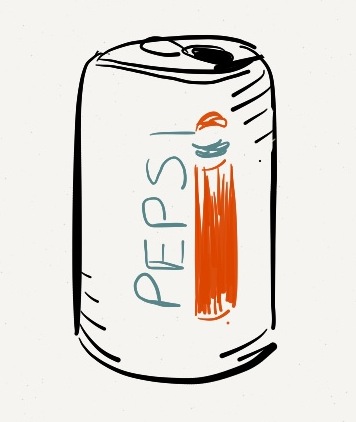
8. Clean rims and tires
Clean the rims of your car with soapy water. Wash the tires and then you need to make them shine. If you have Armorall or an equivalent you can use that, but if not, crack open a can of Pepsi into a bowl and wipe it on to the tire wall with a cloth. It will create the shine for a short while (and attract the odd honey bee too!) but it will give the car a finished look. If you’ve never cleaned and shined tires before you will be surprised what a difference it makes. At the same time, make sure your tires are correctly inflated.
9. Provide service records
If you have been a good boy/girl and done regular maintenance on your vehicle, compile all your service records and receipts into one neat folder and have it in the vehicle. Even if the salesman doesn’t look through them it will show him that you have taken care of the car, which will in turn affect its value.
10. Rust proof your car
This is one area that you cannot fix if you haven’t done it early enough, but the overall condition of an older car that has been rust-proofed is always better than one that has not. You can easily recoup the outlay for the rust proofing at trade in time. Holes in the body will dramatically reduce the vehicles value.

11. Be honest!
If you get asked about previous accident history on your car, be honest. The dealership will be able to tell from inspecting your car if it has had paintwork. They can also check for accident claim history, so you might as well tell them if they ask. If they don’t ask, then you don’t have to volunteer the info. Remember, if you expect them to be honest with you when answering questions, then do the same yourself.
Conclusion
If you follow these 11 tips and go into the dealership prepared and educated, you will come away having got the best value for your trade in vehicle. Remember that the salesman is in the business of making money and he will try to get you to give your car away for less than it is worth. Being prepared will prevent this. Think of it like a job interview. You do your research about the position before you go into the interview and you dress your best. So, research your car value and show it off to its best also.
Good luck and happy trading!
Wondering if the car you are buying has been in an accident? Check this out:
- Car Buying Tips: How to tell if a car has been in an accident
When buying a used car it is vital that you know what to look for as physical signs of accident repairs. Using these helpful tips you will be able to know if a car has been re-painted helping you avoid inheriting someone else's accident repaired vehi


